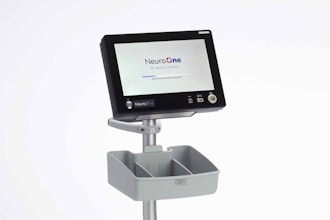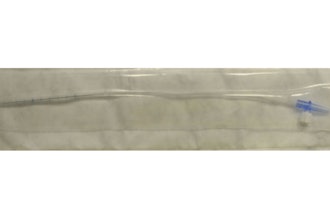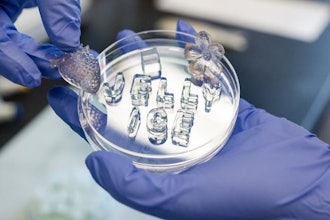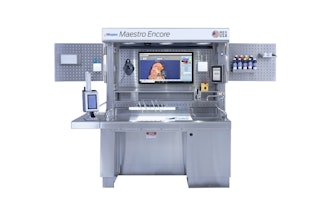
Paragonix Technologies, an organ transplant company, today announced that it has secured $24 million in Series B funding, led by Signet Healthcare Partners. This growth investment will bolster Paragonix Technologies’ commercial footprint, including its ongoing extension of clinical service offerings and inventory expansion, and will enable the Company to further advance transplant innovations.
Paragonix Technologies, a leading developer and manufacturer in the organ transplant industry, offers three FDA-cleared and CE-marked devices: Paragonix SherpaPak, LUNGguard Donor Lung Preservation System, and the LIVERguard System. All three devices use preservation methods that present a significant improvement over traditional ice and cooler practices still used today. Paragonix devices combine clinically-proven, stable preservation technology with a comprehensive clinical support network, augmented by the largest clinical registries of organ preservation data worldwide. They also incorporate digital tracking and communication technologies to provide complete control over organ tracking, monitoring, and reporting.
Ashley Friedman, Managing Director at Signet Healthcare Partners, stated, "At Signet, we seek to invest in highly innovative and fast-growing healthcare companies. Paragonix has rapidly become a leader in the organ transplant market and is having a significant impact on the future of transplant medicine. We are impressed by their commercial and clinical achievements to date and are excited to partner with their dedicated and versatile team during the next phase of growth."
In 2022, over 1 in 5 thoracic donor organs transplanted in the U.S. were preserved and transported using a Paragonix device. The Paragonix SherpaPak® System is the most commonly utilized FDA-cleared and CE-marked medical device for U.S. heart preservation and transport. According to 2022 transplant data, 19 out of the 30 largest U.S. heart transplant programs, as well as over 80 global transplant programs, rely on Paragonix devices to safely preserve, track, and transport critical donor organs to their intended recipients.






















